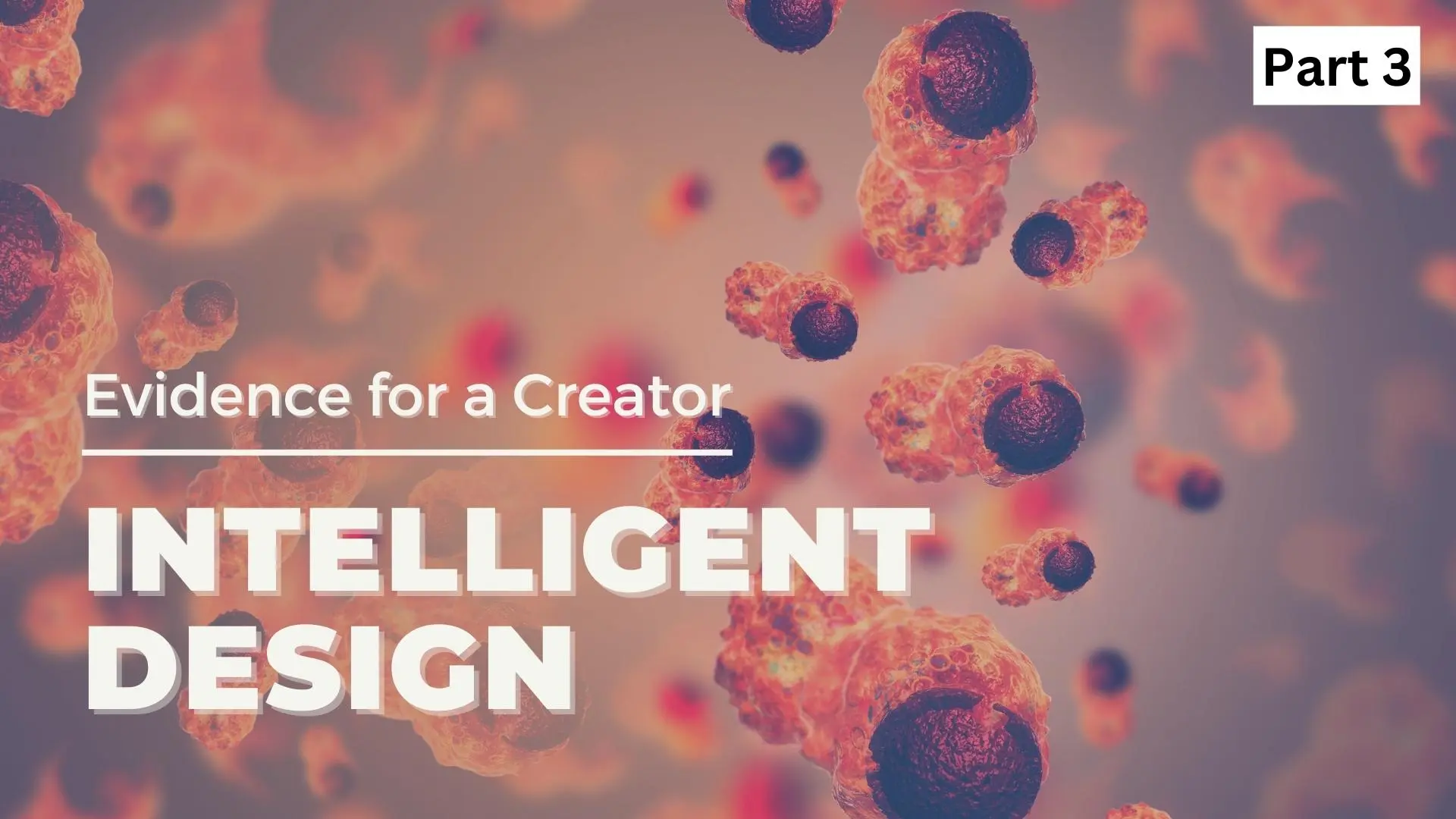Specified complexity is the notion in intelligent design that objects that exhibit both complex and specified structure are most likely caused by an intelligent cause (such as a mind or a personal agent) rather than a random process. This concept is easily understood using analogies such as Paley’s watchmaker argument. Should one find a watch on a beach, the reasonable explanation for the origin of the watch is a watchmaker. We know the watch performs a particular function (to tell time) and that the parts and organized structure of the watch are sufficiently complex and specified to carry out this function. It would be ridiculous to suppose that the watch had always been there on the beach, or that it came together through random natural processes.
The watch is obviously designed, and no reasonable person would argue otherwise. However, what if features of our natural world also seem to bear this kind of specified complexity? What if we found, for example, in the realm of genetics, the informational and organizational content to be exponentially more specific and complex than that of a watch? If the explanation for the watch requires an intelligent designer, then why wouldn’t even more complex and specified systems?
Related resources & readings:



